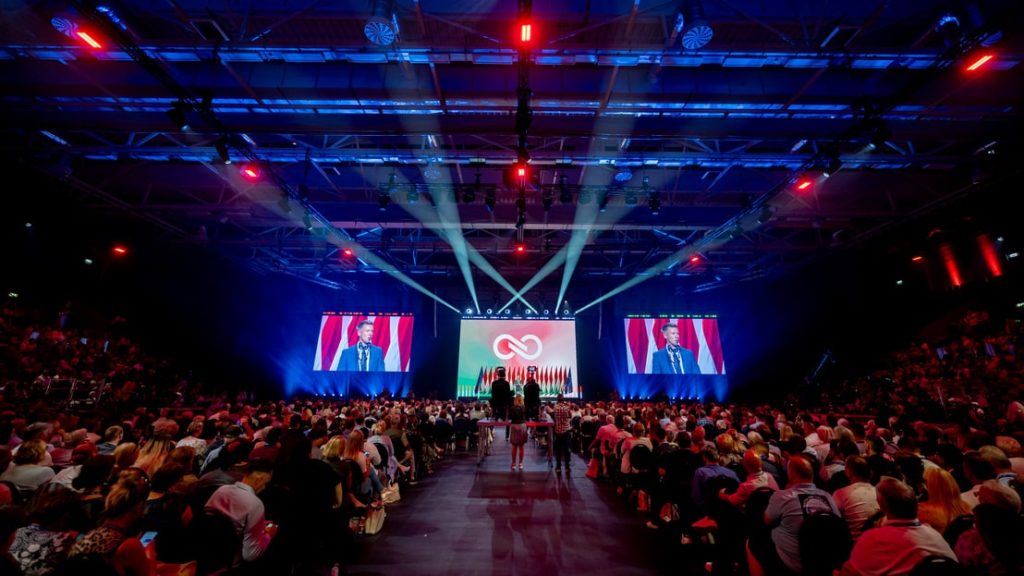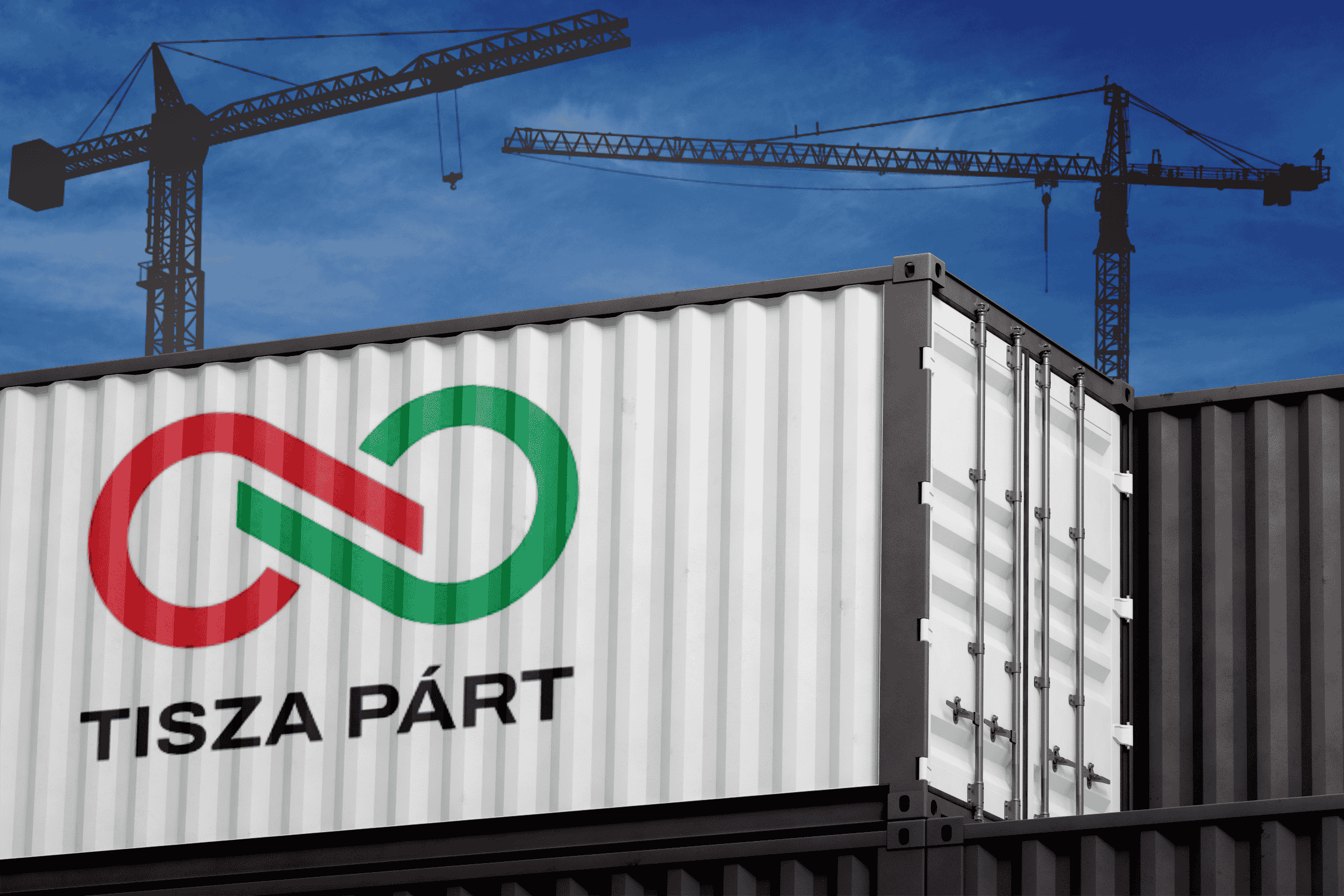As the 2026 Hungarian elections approach, several well-known pollsters already place the up-and-coming Respect and Freedom Party (TISZA) well ahead in both raw support and simulated parliamentary seat count. This possible change of government, in no less than a year, already has global companies asking what Hungary’s business environment will look like after more than fifteen years of continuous government rule. It’s difficult to know where to start, but now is the time to prepare for areas of Tisza’s policy that will affect international businesses the most.
Industrial Shifts: Balancing EU Alignment and Local Priorities
The party’s 21-point manifesto outlines its vision for addressing Hungary’s economic, social, and political challenges. Specifically, point 14 calls for a rollback in support for multinational and billion-dollar companies. Whilst perhaps vague by design, it hints at a departure from the current government’s cosy demand-side industrial subsidies, such as the ultra-low 9% corporate tax rate. Taken at face value, this could slash tax revenues, tempering short- to medium-term industrial growth. But let’s be realistic, the Tisza Party has campaigned on the need for a steady, forward-looking economy, one that likely cannot afford to entirely abandon incentives that have been pivotal for attracting foreign investment.

Instead, expect a pivot towards aligning Hungary’s industrial policy with broader EU agendas, like that of digital transformation and supply chain resilience. This might mean tying Hungary’s successful corporate tax rates to certain quotas and commitments that put Hungary back in the EU’s good books. So if businesses adapts and innovate on behalf of Hungary’s recovering relationship with the EU, it could still mean benefiting from a low-tax environment in Hungary.
Environmental Overhaul: Stricter Rules, Fairer Play
Reinstating a dedicated environmental ministry tops Tisza’s green agenda, aiming to arm regulators against polluters in a system they describe as deliberately lax, acting as a backdoor for multinationals into the EU market. This push for tighter laws and unified oversight takes direct aim at the current government’s lack of transparency on environmental risks, with Tisza insisting on better public consultations to reveal the environmental trade-offs of controversial global business partnerships like Chinese-owned battery plants in Debrecen or Göd.

On the upside, this could mean streamlined dealings with fewer bureaucratic silos and a level playing field against rivals who may have taken advantage of Hungary’s weaker environmental standards. But not without cost , tightened regulation may inflate immediate costs for businesses and invite community pushback that delays operations beyond reasonable consultation.
Social Reforms: Building a Skilled, Stable Foundation
At Tisza’s July congress, voices like social policy leader Kriszta Bódis and Vice-Chairman Zoltán Tarr framed the party’s vision around opportunity and well-being, pledging an extra 500 billion HUF yearly injection into health and education. Add in their “Hungarian New Deal” and drive to lure expats home, and you’re potentially looking at a skilled, knowledge-driven society primed for long-term growth.
From a business standpoint, this translates to a healthier, sharper workforce ready to staff existing and emerging industries, plus infrastructure tweaks that streamline daily operations. But here’s the catch – doing all this within the inherited bureaucratic framework built over the course of 15 years with the current government’s priorities in mind will likely be met with short-term gridlocks and legal paralysis. Still, the long game wins with a more skilled Hungary, where social investments feed into economic growth.

In a nutshell, a Tisza-led Hungary could usher in a more EU-tuned and accountable era, offering international businesses here an opportunity for deeper EU integration and a stronger local economy. But it won’t come without hurdles: expect costly compliance delays, policy teething, and political paralysis as the party fleshes out its programme. As the 2026 vote nears, businesses would do well to monitor these signals closely; after all, hindsight is 20/20, but foresight pays the dividends!

